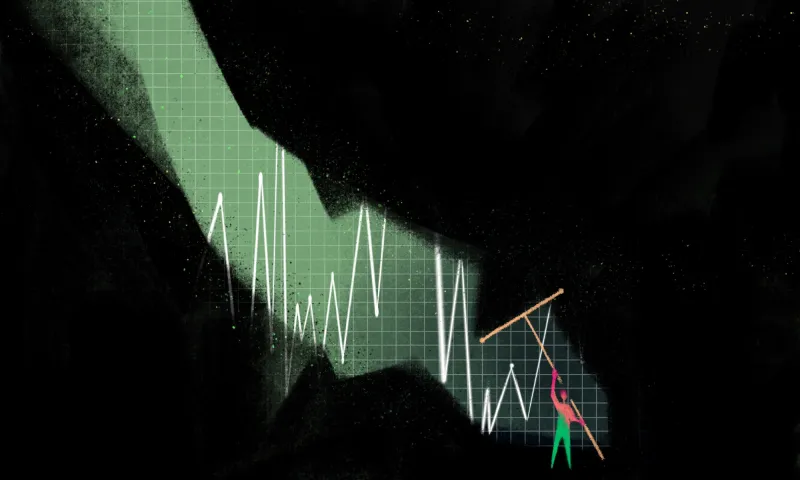Twenty years after Wall Street banks settled with regulators over conflicts of interest in the stock research they produced for clients, a new study of analysts’ top picks finds that the industry has indeed cleaned itself up — but not everyone has benefited, a new research paper found.
In the early 2000s, regulators settled enforcement actions against ten Wall Street firms and two analysts after an investigation found that firms’ research had been tainted by conflicts of interest. The investigation concluded that analysts issued overly optimistic research for companies that were clients of the investment banks issuing the ratings.
After the settlement, new rules were put in place to guard against potential conflicts. They appear to have worked, at least for some investors, according to a recent paper from the National Bureau of Economic Research, entitled “Who Benefits From Analyst ‘Top Picks’?”
According to the paper, analysts have frequently used the “top pick” designation for their highest-conviction ideas after regulatory changes and the research settlement. That’s because brokerage firms went from having five ratings tiers before the settlement to only three — buy, hold, or sell — afterward. This limited analysts’ discretion in their research.
Top picks allow analysts to highlight their highest conviction stocks while also staying within brokerage firms’ limited ratings systems that emerged after the settlement. The NBER study was designed to analyze whether analysts’ top picks were simply a new way to please investment banking clients rather than giving the best investment advice to investors. The study examined a database of 3,563 top picks by 113 brokerage houses between 1999 and 2016.
The conclusion was somewhat mixed.
“Even though top picks are more likely to be investment banking clients, they have greater investment value, attract greater media and investor attention, and lead to more trading than buy recommendations,” the paper’s authors found.
In addition, when a bank’s research leads to a negative outcome now, the analyst is held to account, serving as a deterrent against sloppy analysis.
However, retail investors still fall victim to analysts’ bad calls.
“Bad top picks are more likely to be influenced by strategic objectives and have adverse consequences for analysts,” the researchers argued. "Institutions, but not retail investors, discern between good and bad top picks.”
“We find that institutions actually are less likely to buy bad top picks,” said Sinan Gokkaya, associate professor of finance at Ohio University’s College of Business and one of the study’s authors, in an interview with Institutional Investor.
But he added that’s not true of retail investors. Gokkaya explained that institutions, who pay for research, also get direct access to analysts — and as a result, they get far more information beyond the published report than do retail investors. Those investors get research reports for free from brokerage firms and have no access to additional data or conversations with analysts.
“This is warning to retail investors,” Gokkaya said. “There is a reason why institutions are paying a premium.”
[II Deep Dive: The All-America Research Team: The Hall of Famers]
The study also found that analysts whose top picks don’t work out suffer career setbacks.
“We find that the stock-price reaction to recommendation upgrades/downgrades by an analyst is lower in the year after the same analyst makes a bad top pick selection, consistent with the marketplace disciplining bad top pick selections,” wrote the study’s authors. “We also find that analysts that make bad top pick recommendations are more likely to be demoted to lower ranked brokerage houses.”
As Gokkaya explained, “If I’m an analyst who messed up my top picks, when I start issuing recommendations, the market is discounting those recommendations. They are trying to forecast my forecasting skill, and they’ll be skeptical about my analysis.”







